The COVID-19 public health emergency has contributed to a surge of stress, anxiety, and other mental health concerns for millions of people across the globe. Many individuals are struggling with loneliness, worry for loved ones, fear of the unknown, financial uncertainty, and feelings of being overwhelmed, among other concerns.
Undoubtedly, stress levels are at an all time high as we try to adapt to a continuously evolving situation. It’s more important than ever to take care of yourself during these challenging times. We share a few tips on how to take care of your mental and physical health by building habits that help you relax and restore.
Get plenty of sleep
Make it a habit to get a good night’s sleep every night. Your health depends on it. Better sleep not only improves mood, focus, and productivity, but also supports a strong immune system and helps your body repair. Studies have found that even a modest disturbance of sleep produces a reduction of natural immune responses and T cell cytokine production. As little as one hour of lost sleep from the recommended 8 hours per night has been shown to increase susceptibility to getting a cold. These empirical findings highlight how sleeping well is one of the best things you can do for your overall health.
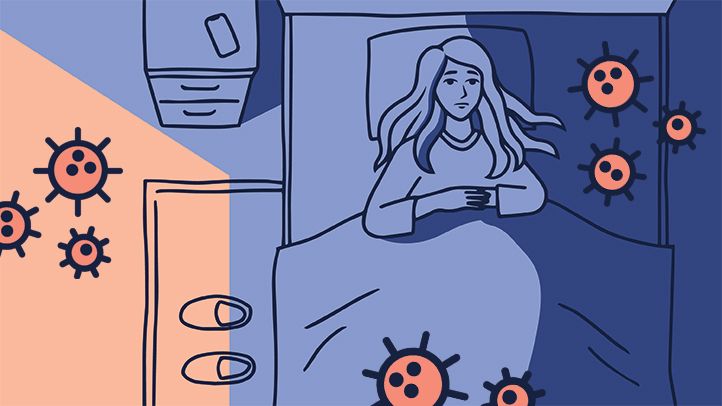
Feeling anxious and stressed often make it more difficult to fall asleep, or have restful sleep. Therefore, it’s important to intentionally create an atmosphere conducive to falling asleep. That means limiting screen time, ideally 1 hour before bedtime, but even 30 minutes beforehand is better than exposing yourself to the REM-disrupting blue light of an electronic device screen right before snoozing. For more guidelines, check out the Sleep Foundation’s tips on sleeping well during the COVID-19 pandemic.
Engage in deep breathing with intention
Amidst the chaos of upended routines and an unpredictable future, it can be empowering to simply take a few minutes each day to breathe deeply and appreciate that you’re here right now. Slow, deep breathing signals to your nervous system to calm down, activating its “rest and digest” mode.
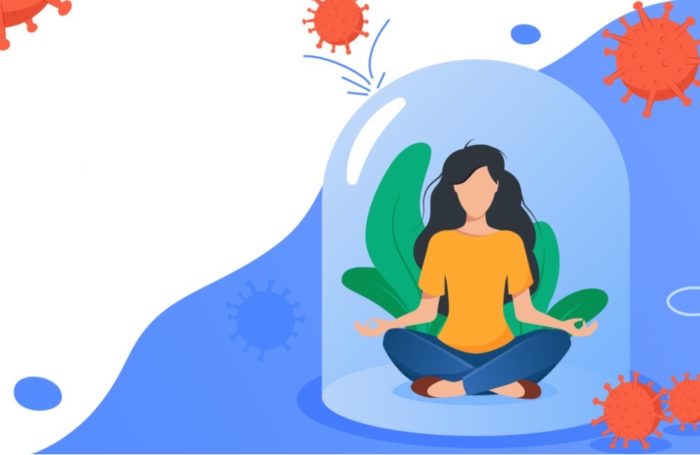
When we’re stressed or anxious, our breathing tends to be irregular and shallow. Recognizing that breathing patterns are linked to stress response can remind you to turn to your breath to help calm your body and mind during difficult moments. The Lief Smart Patch can help you establish this simple but powerful habit by providing positive feedback loops using your real time biomarker data. Don’t give up if you don’t immediately feel the positive effects of breathing exercises. Keep practicing each day, even if for just a few minutes. Eventually, you will find that breathing with intention helps pump the brakes on your stress response, and can provide respite from a racing mind.
Track your biomarkers
Wearable devices have made it increasingly easy for individuals to monitor their biomarker data (e.g., heart rate variability, heart rate, body temperature, blood oxygen levels, etc.) closely, whether for fitness training purposes or general health awareness. While fluctuations throughout the day in heart rate variability and heart rate are normal, a prolonged, sustained change can signal that your body is unwell. Data supports that inflammation of the body can be reflected in lower heart rate variability.
“Analysis of HRV may give us a valuable prognostic tool of infection in the critically ill patients. The degree and severity of the fluctuation in HRV may be correlated well with severity of the disease and may indicate high mortality rate and poor outcome of sepsis and viral infection.”
– Nabil A Mageed & Ibrahim I Abd El Baser, Predictive and Prognostic Value of Heart Rate Variability Analysis in Early Bedside Diagnosis and Management of COVID-19 Patients
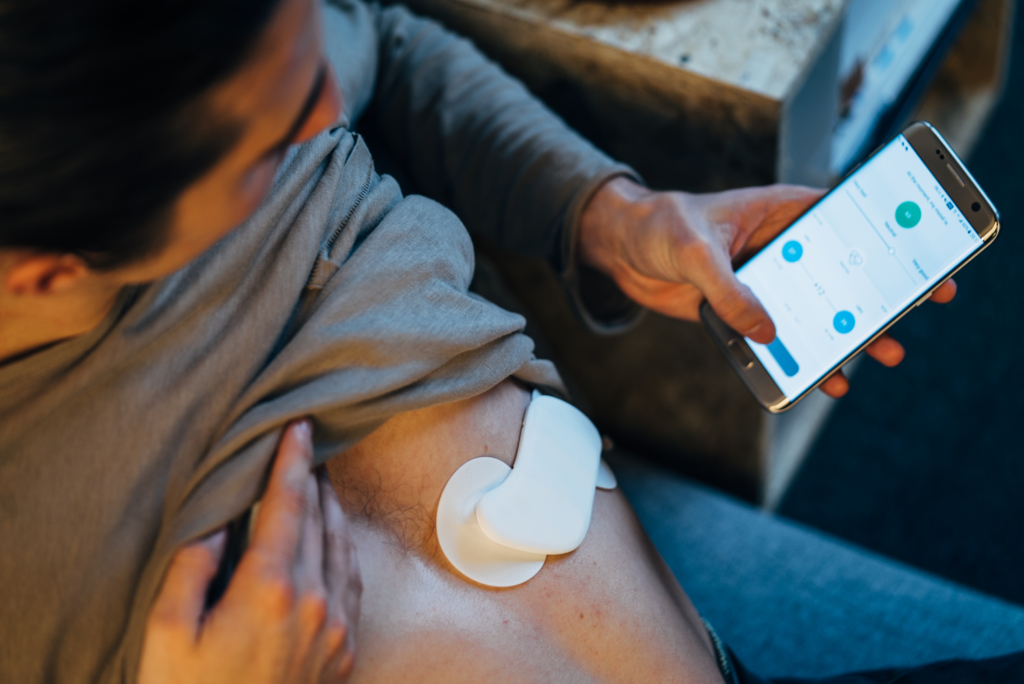
When you’re recovering from illness, your body generates inflammation to fight infections and speed up the healing process. Therefore, if you notice that your HRV is significantly lower (30% or more) than your baseline for a sustained period of time, and you haven’t been physically exerting yourself beyond what’s typical for you, it may indicate an early signal of illness. If you begin to experience other symptoms, like fatigue, fever, coughing, headaches, loss of taste or smell, or shortness of breath, quarantine yourself and contact your healthcare provider right away.
Refrain from alcohol and other substances
While the occasional glass of wine can help you relax, regularly drinking alcohol or taking drugs can take a toll on your mental and physical health. Besides impacting emotion regulation and sleep quality, you’re also less likely to make accurate risk assessments or practice self-control when you’re impaired. That can result in reckless behavior, like not practicing social distancing, which can harm others and yourself.
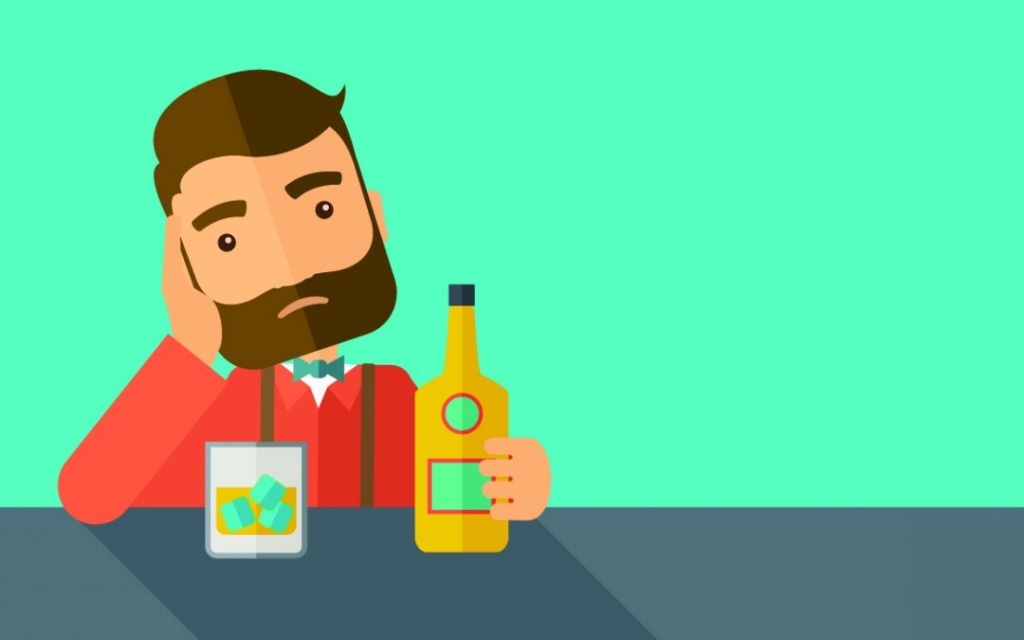
While getting drunk may help you feel better in the moment, you’ll likely need to deal with the negative consequences the next day, creating a vicious cycle. Be conscious of when you’re turning to alcohol or other substances as an emotional crutch, and make the effort to engage in alternative activities that can help you unwind.
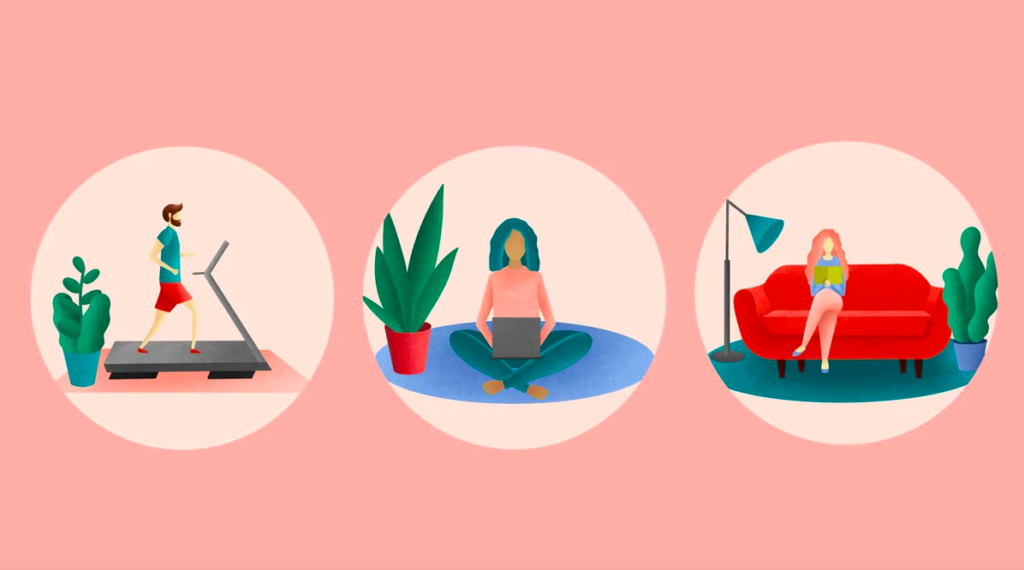
Be mindful of your media consumption
Limit your media consumption if it seems to be negatively impacting your sleep or your mood – whether that’s doomscrolling news updates on Twitter, or distracting yourself on Instagram, TikTok, or Reddit. Be mindful of the fact that these platforms are designed to hold our attention, and that studies have shown significant decreases in anxiety and fear of missing out among those who limit their social media consumption.
While scrolling through social media can be an easy way to pass the time given the passive nature of consuming online media, it can also increase feelings of anxiety, depression, isolation, and FOMO. Try limiting yourself to 10 minutes per platform per day, and replacing the extra time with a more cognitively engaging activity, like puzzles, journaling, or practicing gratitude meditation.
Exercise regularly
Whether it’s going for a walk around the neighborhood with your mask on, pulsing weights while catching up on your favorite show, or planking in front of your bed, try to get your heart rate up each day while practicing social distancing. Regular exercise, similar to nutritious diet and solid sleep, contributes to the healthy functioning of our immune system.
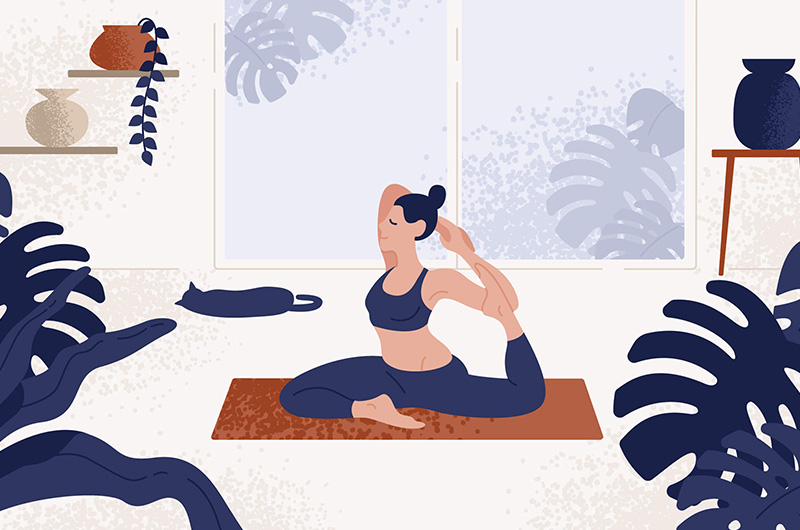
Exercise increases blood and lymph flow as your muscles contract, which promotes circulation of immune cells and helps them move through the body at a higher rate and at higher numbers. A study found that those who did aerobic exercise, like running, swimming, cycling, and speed walking, 5 or more days a week lowered their rate of upper respiratory tract infections (e.g., the common cold) over a 12-week period by more than 40%.
Engage with others
As a social species, meaningful connection with others is critical to our sense of well-being. Unfortunately, the onset of COVID-19 has necessitated a drastic reduction in face-to-face contact to help stop the spread of the virus. As a result, many individuals are struggling with feelings of isolation, loneliness, and alienation, on top of the myriad of other challenges the pandemic has brought on.
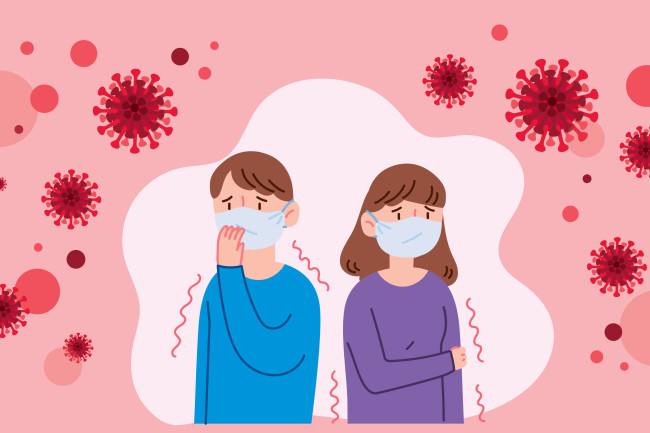
Proactively making the effort to connect with friends, family, neighbors, and coworkers is more important than ever. Initiating an action as relatively effortless as a text exchange with a friend can improve your mood. Even when there’s not a pandemic happening, the benefits of social connection are significant.
A landmark study found that lack of social connection is a greater detriment to health than obesity, smoking and high blood pressure. In contrast, strong social connection is associated with increased longevity, a stronger immune system, and faster disease recovery. So set up that Zoom hang, comment on your co-worker’s photo, call your mom, and keep in touch with friends regularly.
Be aware of your needs
This is a time like no other, so make sure to take care of yourself so you’ll be able to take care of your loved ones too. Remember, you’re not alone. Make sure to ask for help when you need it, and offer help when you know others do. As these tips illustrate, small actions taken each day can have a big impact on your overall sense of well-being.
Please keep in mind that the Lief Smart Patch is not a diagnostic device, and our products and services are not intended to diagnose or treat COVID-19, and should not be used as a substitute for professional medical advice, diagnosis, or treatment.
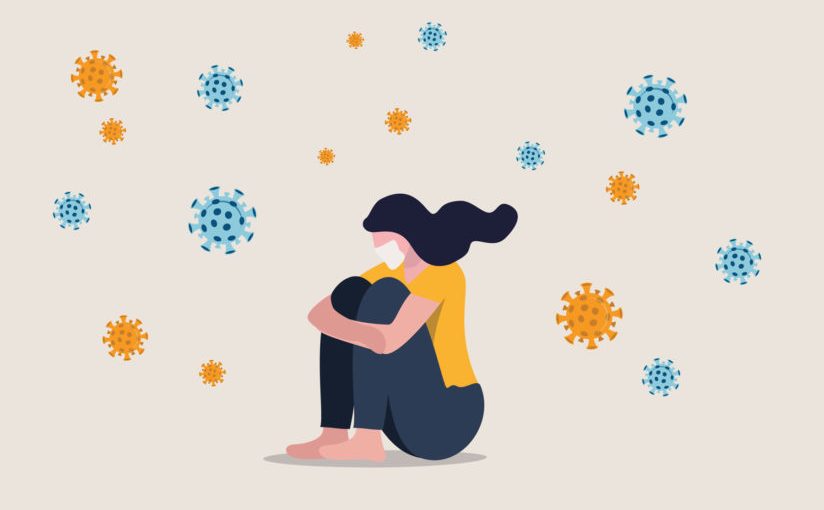

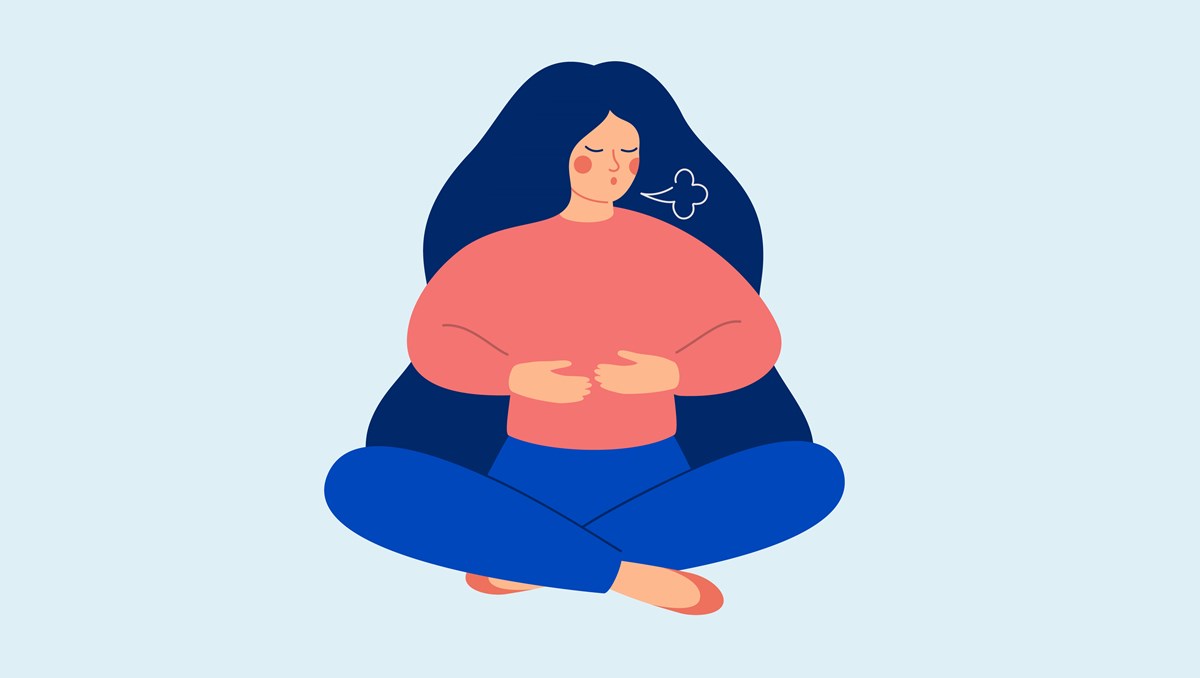
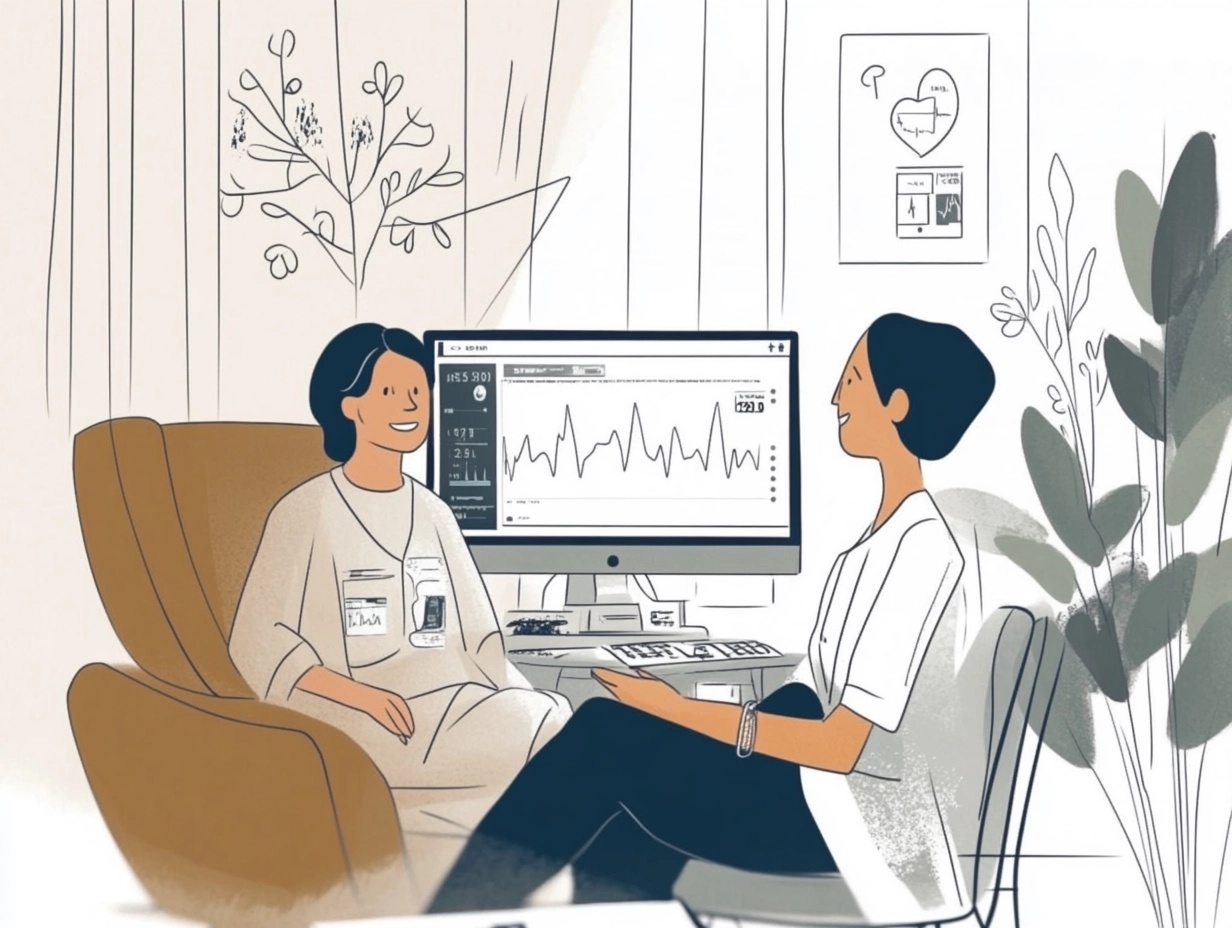

Leave a Reply
You must be logged in to post a comment.